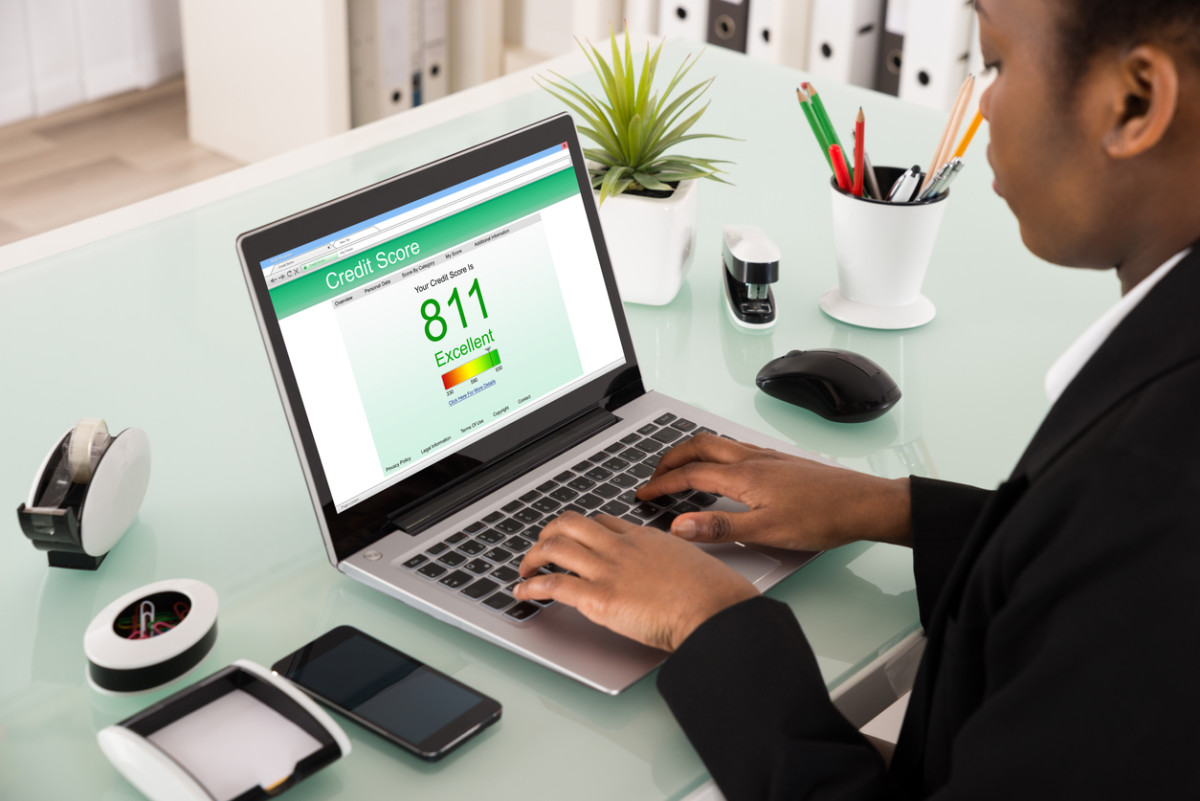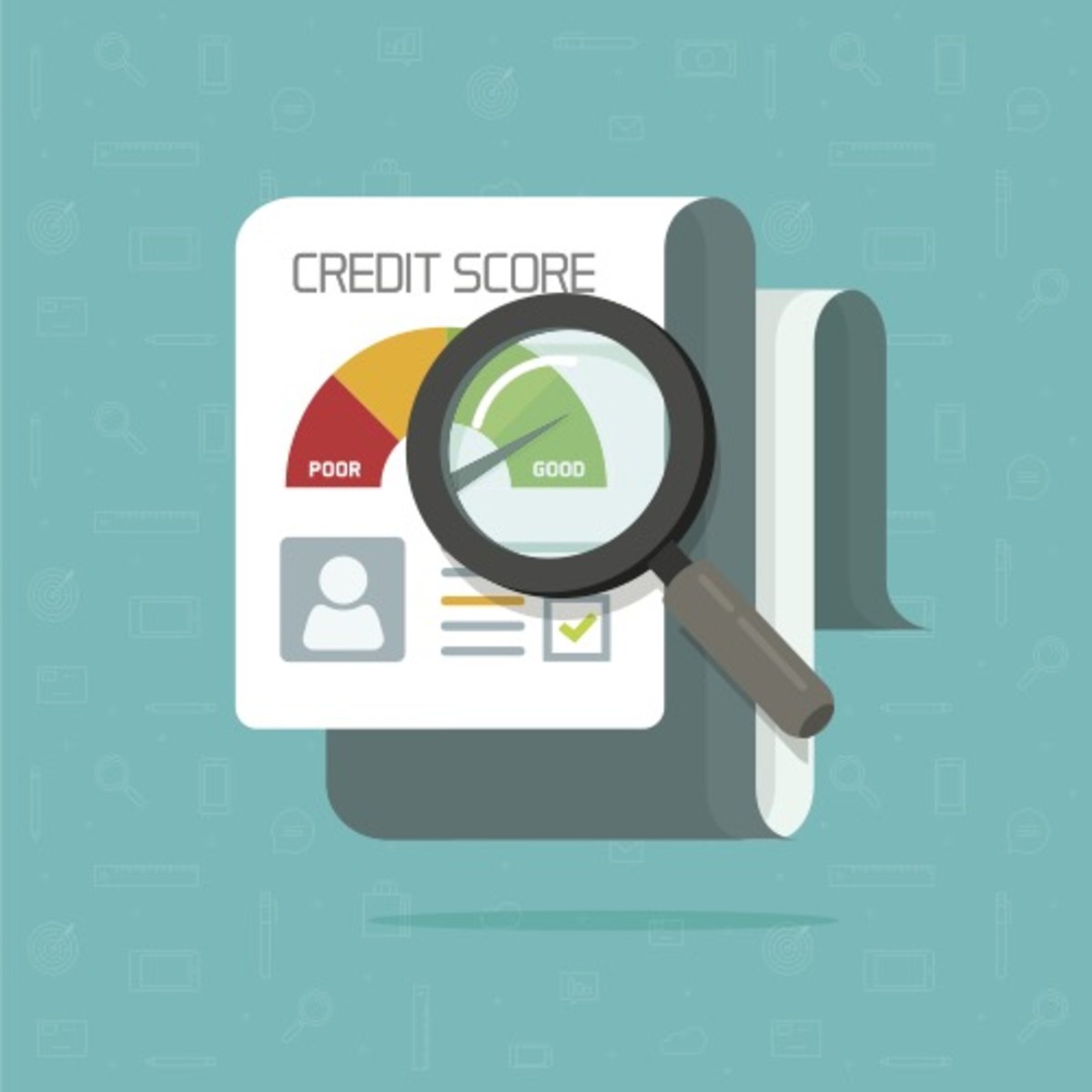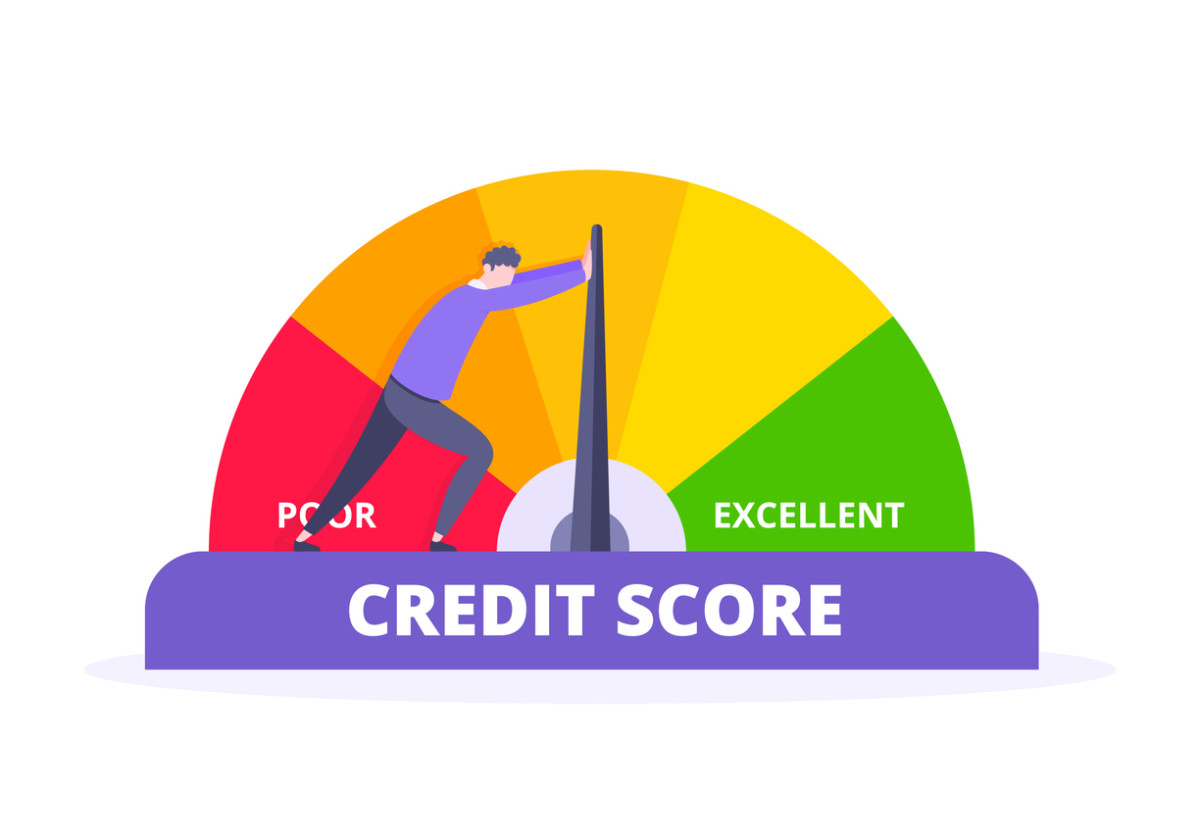Your credit score is a critical element when acquiring a car loan. Particularly if you have poor credit, it’s important to understand exactly what your credit score is, and how it impacts the cost and accessibility of a car loan. In this article, we’ll share everything you need to know about buying a car with bad credit.
Auto financing has been around almost as long as the automobile itself because cars have always been expensive. Buying a used car, rather than buying a new car, is one way to ease some of the financial burdens. But even in the used market, financing a car with an auto loan is often a necessary step.
How to Buy a Car With Bad Credit
- Lending Options for Poor Credit
- What is a Credit Score?
- How Do I Find Out What My Credit Score Is?
- What Does My Credit Score Mean?
- What Happens If I Have a Low Credit Score?
Lending Options for Poor Credit
Most people simply decide to buy a car and get it financed at the car dealership, but no matter what your credit situation is, you’ve got a lot more options, some of which can put you in a better negotiating position than financing at the retailer.
Your Bank or Credit Union
Depending on your credit situation, you may end up with a better finance deal if you go through your own current bank or credit union rather than the car dealership's finance department. At the very least, speaking with your bank or credit union ahead of time will provide you with some understanding of how much you can finance and what kind of rate you’ll be paying.
Banks and credit unions often allow you to borrow up to 120% of the purchase price, which lets you cover sales tax with the loan amount, too. Remember that taxes and fees make the out-the-door price different from the purchase price. If you have bad credit, the bank may ask you to find a co-signer for the loan. This means that, if you default on the loan (which is to say, fail to make your car payments), the co-signer will be equally responsible for making the loan payments.
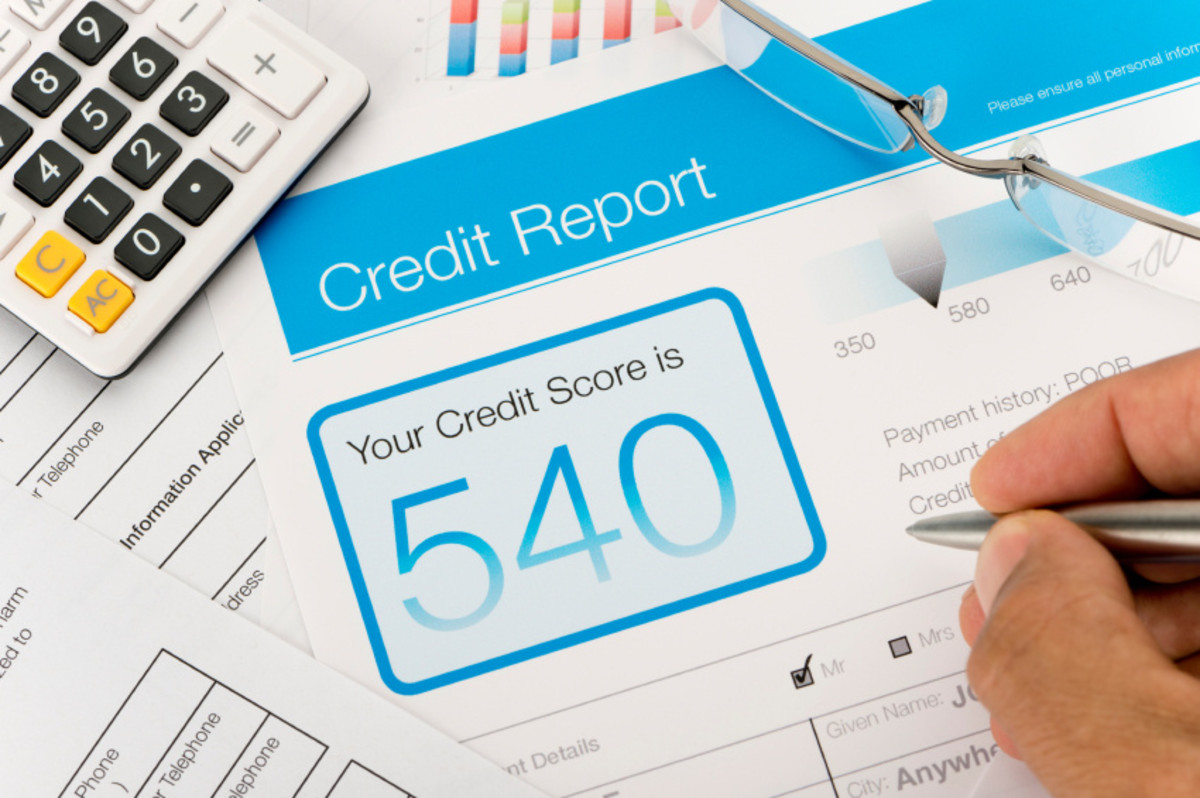
Does CarGurus Work With Bad Credit?
Believe it or not, when a lender executes a credit check after you’ve applied for a loan, that alone has a negative impact on your credit score. It’s called a “hard inquiry,” and it takes place after you’ve applied for a loan and the potential lender reviews your credit history, and not just at the moment the credit report is pulled. “Hard inquiries serve as a timeline of when you have applied for new credit and may stay on your credit report for two years,” according to credit rating agency Equifax, “although they typically only affect your credit scores for one year.”
If you’re comparing different lenders and they all execute hard credit inquiries within about two weeks, it should only count as one hard inquiry on your credit. That’s why you want to get all of your shopping for loan providers out of the way and get preapproved for a loan just before you visit the dealership. This can also be helpful when negotiating finance terms.
You can get financing in advance from CarGurus. This is a way to get pre-qualified for a car loan without a hard inquiry. By using CarGurus financing tools, you allow associated lenders to do what’s called a “soft inquiry” of your credit history, which has no impact on your credit score. That report is shared with multiple participating lenders, who can then respond to let you know whether you qualify for one of their loans and how much you might qualify to borrow.
Participating lenders include Westlake Financial, Capital One Auto Finance, and Global Lending Services. CarGurus financing provides you with a dashboard to see the competing loan offers, along with rates and loan terms from each of the lenders while you’re car shopping.
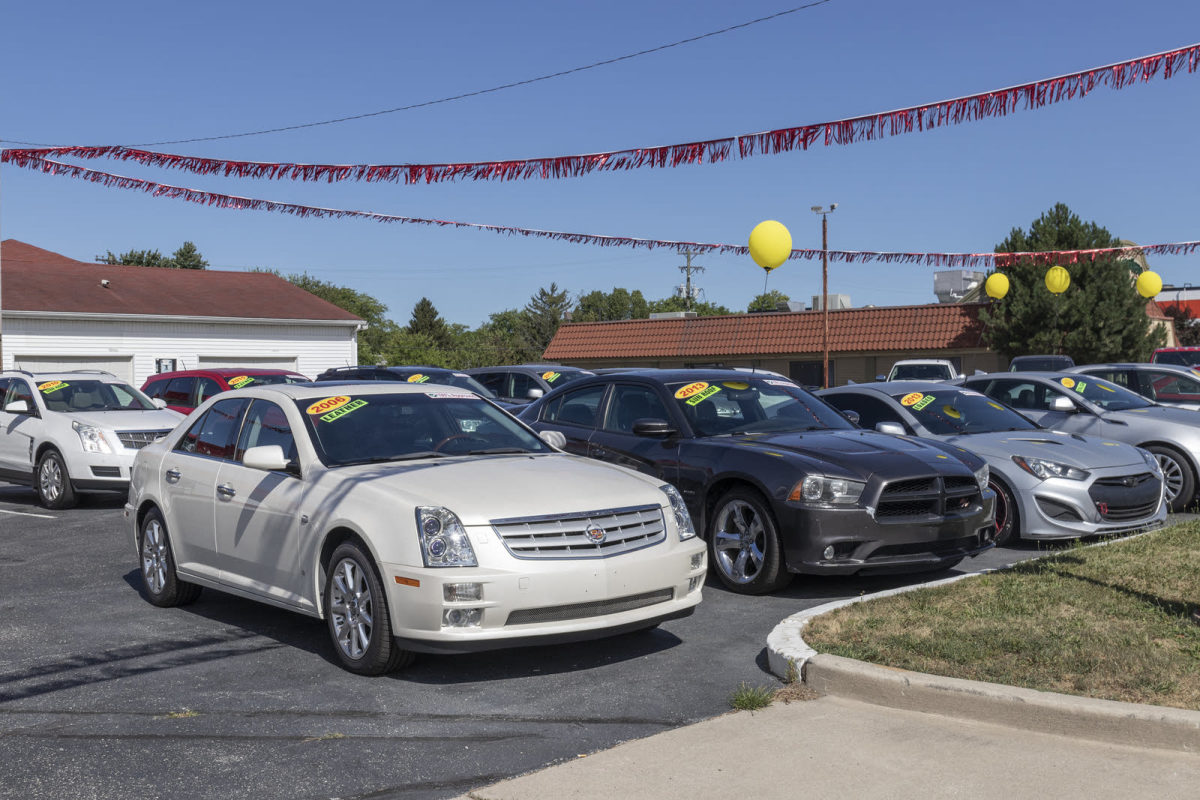
Buy Here, Pay Here Lenders
If your credit is in the sub-prime category, you’ll want to consider doing what you can to repair it. That means avoiding late payments whenever possible, paying off high-interest, revolving credit usually associated with credit cards, and avoiding any unnecessary loans.
But sometimes life gets in the way, and with a poor credit score, your options are limited. "Buy Here, Pay Here" financing is one option that may be available to you, as long as you understand the risks.
This kind of sub-prime, bad credit car loan is offered by independent used car dealers who specialize in vehicles that don’t get sold on typical franchised auto dealer lots. The cars may be older and have some miles on them, and they often don’t have more than a 30-day warranty, meaning that you’ll have to consider doing something like a pre-purchase inspection at an independent mechanic before you purchase.
The financing comes directly from the dealership. They essentially float you the money to buy the car after putting down a sizable down payment on a used vehicle. According to the Commonwealth of Massachusetts Division of Banks, “Buy Here, Pay Here Dealers tend to be small, used auto dealerships catering to the subprime credit market. Subprime lending at Buy Here Pay Here dealers may carry high interest rates and fees.”
According to a 2018 National Independent Auto Dealers Association (NIADA) study, the average price of a car sold at these dealers was $7,004, much lower than the average price of a new or typical used car. However, the down payments for these dealers' sales represented a significantly larger portion of the cost of the car, averaging $950, or 13%.
The interest rates offered by Buy Here, Pay Here dealers are also significantly higher than on other options, reaching into credit card territory. The average auto loan from a bank or credit union usually carries a 3.25 to 5.32% APR, while a loan from a Buy Here, Pay Here shop “typically hovers around 20 percent,” according to CreditKarma.
That means you could be spending a lot more on your car payments. For example, if you financed $7,000 for 36 months at a rate of 4.5% through a bank, your monthly payment would be $208.23. If you financed the same loan at 20%, your rate would be $52 more every month.
Defaulting on any car loan is a bad thing, but defaulting on a loan at a Buy Here, Pay Here lot will result in an almost immediate repossession. The NIADA reported that about 45% of Buy Here, Pay Here car dealerships use trackers to make finding the vehicles easier if repossession is in the works.
You also need to understand the payment procedure. With a bank, you can usually pay online, setting up automatic payment schedules. But with a Buy Here, Pay Here shop, you may need to pay bi-weekly, and you might have to do it in cash, at the dealership.
Despite the negatives, Buy Here, Pay Here financing can be helpful as long as you keep up with the payments. It can assist in rebuilding your credit—if you can manage to make on-time payments.
What is a Credit Score?
The Consumer Financial Protection Bureau describes a credit score as a tool to predict your ability to pay back a loan and make your payments on time. Several agencies have developed mathematical formulas that use your past financial information to create your credit score.
These formulas are known as scoring models, and they use information from your credit report, including:
-
Your payment history for bills like utilities, mortgages, rent, etc.
-
The total of your current unpaid debt
-
The total number of loan accounts you currently have
-
How long you’ve had those loan accounts open
-
How much available credit you’re currently using
-
Any new applications for credit
-
Whether you’ve ever had debts sent to collection, experienced a foreclosure, or filed for bankruptcy
How Do I Find Out What My Credit Score Is?
You should have a credit report in hand before you begin even when shopping for a new car.
There are four credit bureaus that most lenders use to obtain a credit score: Experian, Equifax, TransUnion and Innovis. Your initial impulse may be to contact these agencies directly to obtain your credit report, but that may not be necessary.
Federal law dictates that you have access to a free credit report every year. As long as you haven’t pulled a credit report in the last 12 months, you can get one for free. There’s ONE online resource that provides this service free of charge, authorized by the federal government: AnnualCreditReport.com.
AnnualCreditReport.com will provide a free credit score from the top three credit reporting agencies: Experian, Equifax and TransUnion.
What Does My Credit Score Mean?
Credit scores range between 300 at the low end and 850 at the high end. A credit score over 700 is typically considered to be a good credit risk, and could qualify borrowers for a lower interest rate. In 2020, the average American credit score rose to 710. To understand where you are in the credit universe, this is a good guide:
-
781-800: About 23% of Americans fall into the “Super-Prime” category
-
661-780: About 38% of Americans fall into the “Prime” category
-
601-660: About 13% of Americans fall into the “Nonprime” category
-
500-600: About 21% of Americans fall into the “Subprime” category
-
300-499: About 5% of Americans fall into the “Deep Subprime” category
What Happens If I Have a Low Credit Score?
To qualify for a car loan from most major auto lenders (including the captive finance options provided by auto manufacturers like BMW Financial Services, GM Financial, Ford Motor Credit, and Hyundai Motor Finance), you’re going to have to have a credit score over 661, which falls into what the industry calls “Prime” credit territory.
If you’re in the “Prime” or “Super-Prime” categories, you’re generally considered a good credit risk, meaning you won’t have any issues obtaining a car loan. However, if you’re at the lower end of Prime, or if you fall into the “Nonprime” or lower categories, you have more to think about.
For people at the lower end of the “Prime” category, you may find that you’re not eligible for the best finance rates advertised by captive finance companies. For instance, an automaker might offer a loan rate like 0% annual percentage rate for 36 months, but only with a certain minimum credit score. In 2021, Volkswagen Credit was requiring a credit score of 740 or higher to qualify for the best loan terms available. Using our guide above, you can see that only about 25% of Americans would qualify for such a loan.
Borrowers with credit scores lower than 740 will pay an increasingly higher interest rate the further down the scale their credit scores fall. That in turn can increase the monthly payments significantly.
In general, you’re probably ok searching for car financing from traditional lenders—your bank, captive finance companies associated with manufacturers, credit unions—if your credit score is above 550. If it's lower than that, you’ll have to look for different options.


